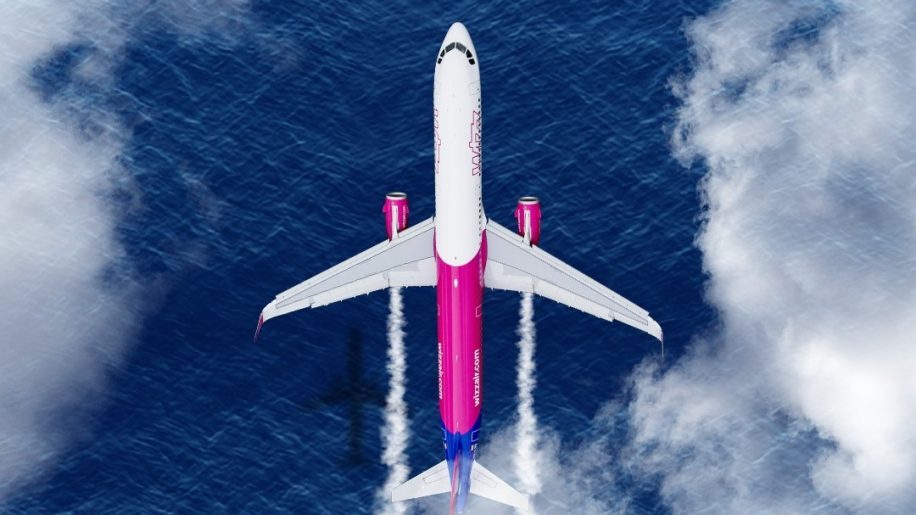
New research suggests that frequent fliers cause half of aviation’s passenger emissions, despite making up only one per cent of the world’s population.
The study is The global scale, distribution and growth of aviation: Implications for climate change by Stefan Gossling and Andreas Humpe.
Published in the November issue of the Global Environmental Change Journal, the research says that the share of the world’s population travelling by air in 2018 was just 11 per cent, with at most 4 per cent taking international flights.
With regards to emissions, a minor share of those percentages “is responsible for a large share of warming”.
The study says: “The percentile of the most frequent fliers – at most 1 per cent of the world population – likely accounts for more than half of the total emissions from passenger air travel.”
The study comes at an odd time for most frequent fliers in that very few of them are flying anywhere.
The study recognises this, but says that prior to the Covid-19 crisis:
“…global air transport demand was expected to triple between 2020 and 2050. The pandemic, which reduced global air travel significantly, provides an opportunity to discuss the scale, distribution and growth of aviation until 2018, also with a view to consider the climate change implications of a return to volume growth.”
Environmental groups have been calling for a frequent flyer levy and for loyalty programmes to be scrapped and aviation taxes are back on the agenda for many countries as a result of pressure for a ‘Green Recovery’.
France and its new environmental eco tax on aviation
Aviation tax returns to The Netherlands
In the UK, the report of the recent public-led Climate Assembly also backed frequent flyer taxes.
Faced with the fact that air travel accounts for 22 per cent of the UK’s total greenhouse gas emissions from transport and 7 per cent of the UK’s total greenhouse gas emissions overall, Assembly members looked for a solution to air travel emissions that would allow people to continue to fly since this “would protect people’s freedom and happiness, as well as having benefits for business and the economy”.
However, 80 per cent ‘strongly agreed’ or ‘agreed’ that taxes that increase as people fly more often and as they fly further should be part of how the UK gets to net zero. (The report can be accessed and downloaded at climateassembly.uk, Chapter 4 is ‘How we travel by air’).
In response, the aviation industry is appealing to governments to resist calls for aviation taxes and placing an emphasis on its net zero plans.












